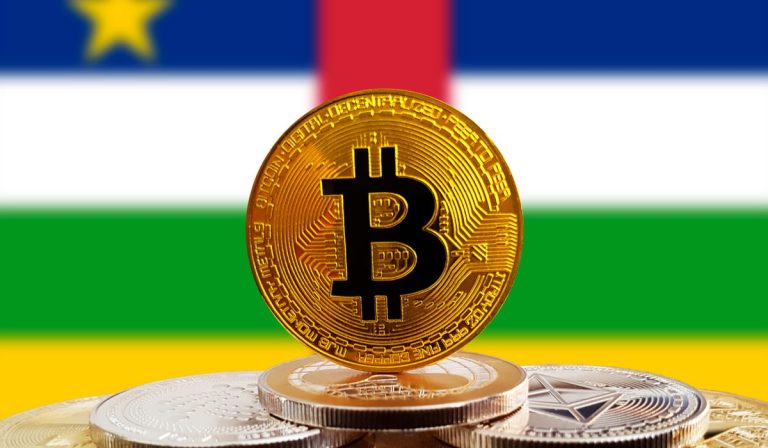Central African Republic, Like El Salvador, May Soon Regret Adopting Bitcoin

The Central African Republic has become the second country in the world to adopt Bitcoin as an official currency.
In making BTC legal tender alongside the CFA franc on Wednesday (April 27), one of the poorest countries in the world is following the lead of El Salvador, which adopted the cryptocurrency Sept. 1, 2021. It comes a day after the CAR legalized the use of cryptocurrency.
See also: Central African Republic is the Latest Country to Embrace Crypto
As the first country in Africa to adopt Bitcoin as legal tender, the new law “places the Central African Republic on the map of the world’s boldest and most visionary countries,” Obed Namsio, chief of staff to President Faustin Archange Touadera, said in a statement, according to BBC News. “The adoption of Bitcoin as official money represents a decisive step toward opening up new opportunities for our country.”
El Salvador’s Experience
That hasn’t been the experience in El Salvador, where President Nayib Bukele’s Bitcoin experiment has largely been a failure, drawing widespread opposition and little usage from the public, and condemnation from international organizations, most notably the International Monetary Fund (IMF), which has been holding back a badly needed $1.3 billion loan required to refinance debt at the beginning of next year. It also led ratings agencies Fitch and Moody’s to slash the country’s credit rating, and a highly hyped $1 billion Bitcoin-backed bond issue has been indefinitely delayed.
Read more: Weeks Before Bitcoin Bond Launch, Fitch Slashes El Salvador’s Credit Rating
This week, the National Bureau of Economic Research, a private foundation, found that nearly two-thirds of the people who opened the Chivo digital wallet needed for transactions abandoned it after spending the $30 bitcoin incentive that came with it.
While the economy in El Salvador isn’t great, it’s nothing compared to the war-torn CAR, where “rampant poverty, human rights violations, unemployment, poor infrastructure, and a lack of security and stability” have left the 5.5 million citizens of the diamond-, gold-, and uranium-rich country with a per capita GDP of $900 (as of 2020), according to the CIA World Factbook.
Another problem is that the people lack the internet — and even mobile phone — access needed to use cryptocurrency, particularly as a day-to-day payments tool. Just 4% of the population has internet access as of the end of 2020, according to WorldData, and just one-third have a mobile.
IMF Antagonization
The CAR is likely to have trouble with the IMF, which in December approved a seven-month “staff-monitored program” that is aimed at allowing the country to resume discussions by mid-2022 about financial assistance through an Extended Credit Facility aimed at poverty reduction and growth. An ECF can also help developing countries attract outside aid.
Given the IMF’s stance on El Salvador’s Bitcoin experiment, it seems likely that the Bitcoin law will make that assistance unlikely.
See more: IMF’s Silence Signals El Salvador Needs to Abandon Bitcoin to Secure $1.3B Loan
In its February CAR country report, the IMF noted that in addition to rebel attacks that damaged the economy in January, the “government’s relations with development partners have deteriorated causing delays in grants disbursements.”
And in March, the IMF released a working paper that found “crypto-asset usage is significantly and positively associated with higher perception of corruption and more intensive capital control.”
Another unhappy group is the Bank of Central African States (BEAC), which issues the six-nation CFA franc. When the news of the planned adoption broke last week, the BEAC was blindsided, it said, while two former prime ministers called the lack of outreach to the BEAC a “serious offense,” Reuters said.